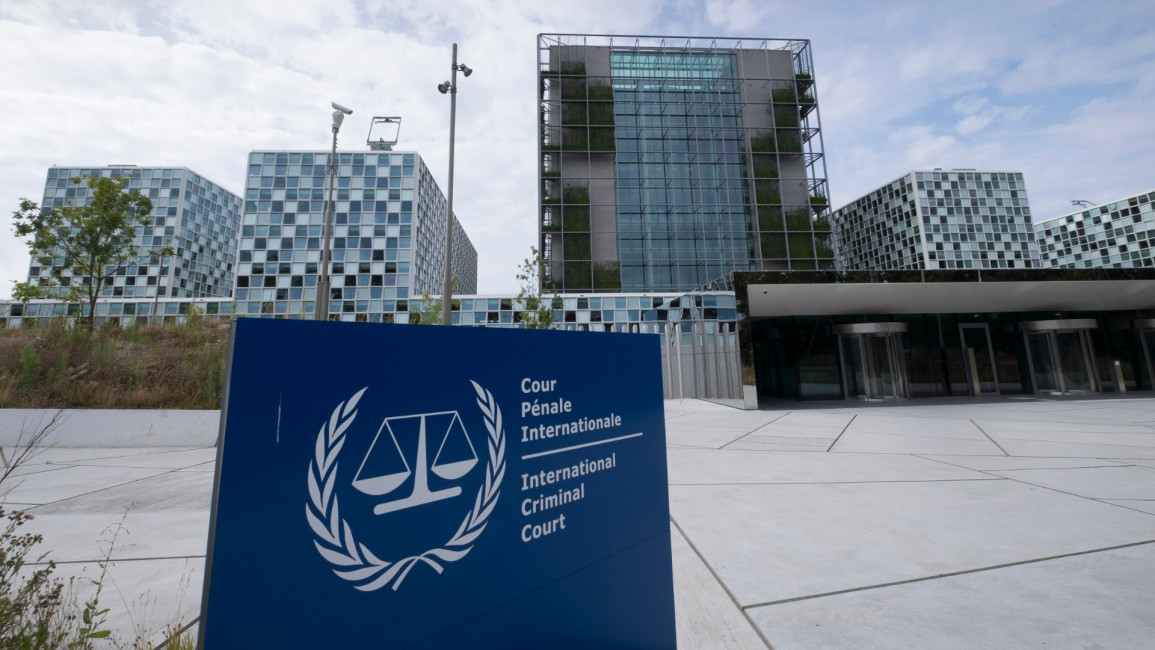ICC paves way for war crimes probe in Palestinian territories
The International Criminal Court ruled Friday that it had jurisdiction over the situation in the occupied Palestinian territories, paving the way for the tribunal to open a war crimes investigation.
ICC Prosecutor Fatou Bensouda had asked the court for its legal opinion on whether its reach extended to areas occupied by Israel, after announcing in December 2019 that she wanted to start a full probe.
Israeli Prime Minister Benjamin Netanyahu denounced the ICC as a "political body" while the United States said it had "serious concerns" over the decision. The Palestinians called it a "victory for justice".
The ICC said in a statement that judges had "decided, by majority, that the Court’s territorial jurisdiction in the Situation in Palestine... extends to the territories occupied by Israel since 1967, namely Gaza and the West Bank, including East Jerusalem."
Palestine is a state party to the court, having joined in 2015, but Israel is not a member.
The court added that its decision was not a ruling on Palestinian "statehood", but that it followed from Palestine's position as a state party, under the ICC's founding Rome Statute.
"The chamber is neither adjudicating a border dispute under international law nor prejudging the question of any future borders" it said.
'Political body'
ICC prosecutor Bensouda called for the full investigation in December following a five-year preliminary probe.
Her office said it "welcomes this judicial clarity" and "will then decide its next step guided strictly by its independent and impartial mandate."
|
The administration of then-US President Donald Trump slapped sanctions on the prosecutor and another senior ICC official in September.
The United States, which is not a member of the ICC, inflicted the measures on the court after earlier visa bans on Bensouda and others failed to head off the court's war crimes probe into US military personnel in Afghanistan.
But the US has also cited the court's treatment of its ally Israel.
Israel's Netanyahu Prime Minister Benjamin Netanyahu slammed Friday's decision.
"The tribunal has, once again, proved that it is a political body and not a judicial institution," Netanyahu said in a statement, adding the decision undermined the "right of democracies to defend themselves against terrorism".
An Israeli official said the decision "will not be helpful" as there is a "wind of change" in the region.
"It is a decision that is not good for the court, not good for Israel, not good for the region", the official said.
Palestinian prime minister Mohammed Shtayyeh on Friday called on the ICC to speed up legal proceedings over the 2014 conflict in the Gaza Strip, Palestinian prisoners and the expansion of Israeli settlements in the occupied West Bank.
"This decision (of the ICC) is a victory for justice and humanity, for the values of truth, fairness and freedom, and for the blood of the victims and their families," Shtayyeh said, according to the official Wafa news agency.
'Serious concern'
The US State Department said Israel should not be bound by the court as it was not a member.
"We have serious concerns about the ICC's attempts to exercise jurisdiction over Israeli personnel. We have always taken the position that the court's jurisdiction should be reserved for countries that consent to it or are referred by the UN Security Council," State Department spokesman Ned Price told reporters.
Human Rights Watch however said the ruling was "pivotal", adding that it was "high time that Israeli and Palestinian perpetrators of the gravest abuses" should face justice.
"The ICC’s decision finally offers victims of serious crimes some real hope for justice after a half century of impunity," Balkees Jarrah, associate international justice director at HRW, said in a statement.
The ICC's Bensouda, who steps down in June, has urged the Biden administration to lift the sanctions against the court.


![President Pezeshkian has denounced Israel's attacks on Lebanon [Getty]](/sites/default/files/styles/image_684x385/public/2173482924.jpeg?h=a5f2f23a&itok=q3evVtko)



 Follow the Middle East's top stories in English at The New Arab on Google News
Follow the Middle East's top stories in English at The New Arab on Google News


